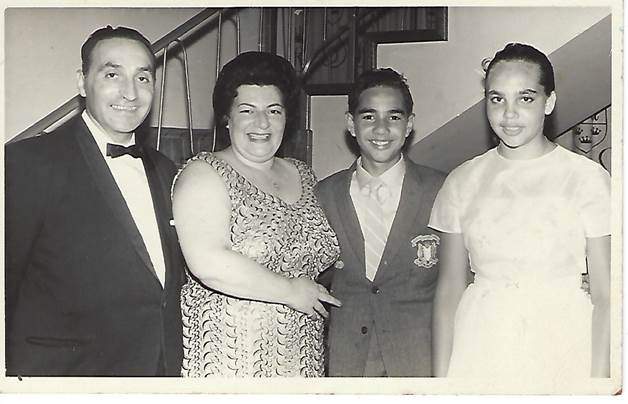When Jewish former Sydneysider Denise Langman started digging into her past, she found a legacy of the Stolen Generations – and a new identity as a traditional owner of Uluru.
GROWING UP IN a Jewish household in suburban Sydney, Denise Langman always knew she was adopted. Her parents made no secret of the fact they first met her as a 10-month-old at the Scarba Welfare House for Children in Bondi, a Victorian Italianate mansion where nurses wore starched white caps. It was the same orphanage, run by The Benevolent Society, where the Langmans had adopted Denise’s non-biological brother, Larry, only six months older than her, whose Norfolk Island lineage includes Polynesian and Caribbean bloodlines.
As her mother Norma, who was unable to have children of her own, liked to tell them, an official from the home rang up and said, “we’ve just got a little girl who looks very much like your little boy you adopted – if you want her, come and get her.”
“My parents told my brother and I when we were fairly young that we were not directly from this family, but because they loved us so much they decided to adopt us.” Langman gives a warm chuckle. “Isn’t that cute?”
Langman’s father, Leo, a Polish-German émigré, had escaped Europe before the war was in full swing, thanks to an architectural scholarship from a Jewish welfare agency – his mother and sisters perished in the Holocaust. He never qualified as an architect, instead joining other Jewish migrants in schmutters, or the rag trade, supplying coats to the military. Larry describes his parents as “very much of their time”; aspiration propelled them from Neutral Bay on the North Shore to Dover Heights in the east. They were culturally Jewish, active and well-connected in the community, but not religious. For a while Norma kept kosher, the Jewish dietary laws, until she decided it was too much work.
Read the story by Julie Szego on the NITV website.

